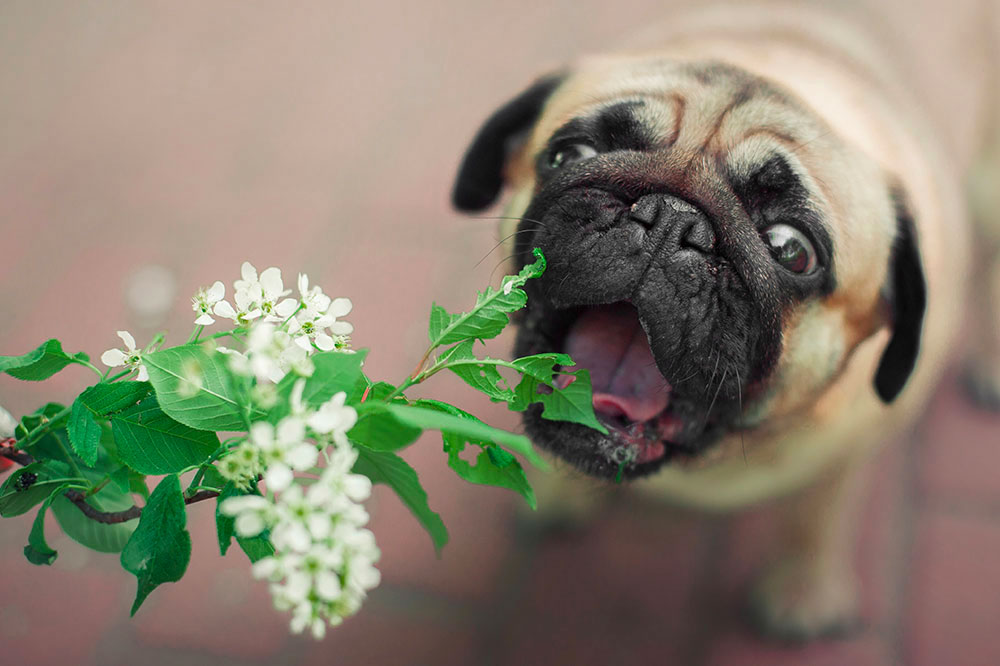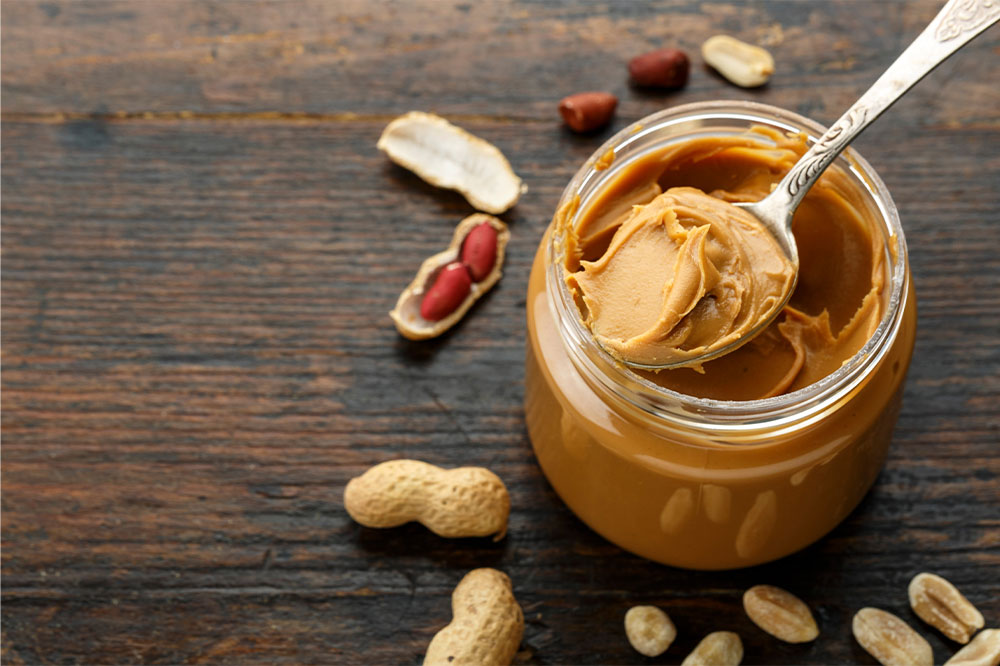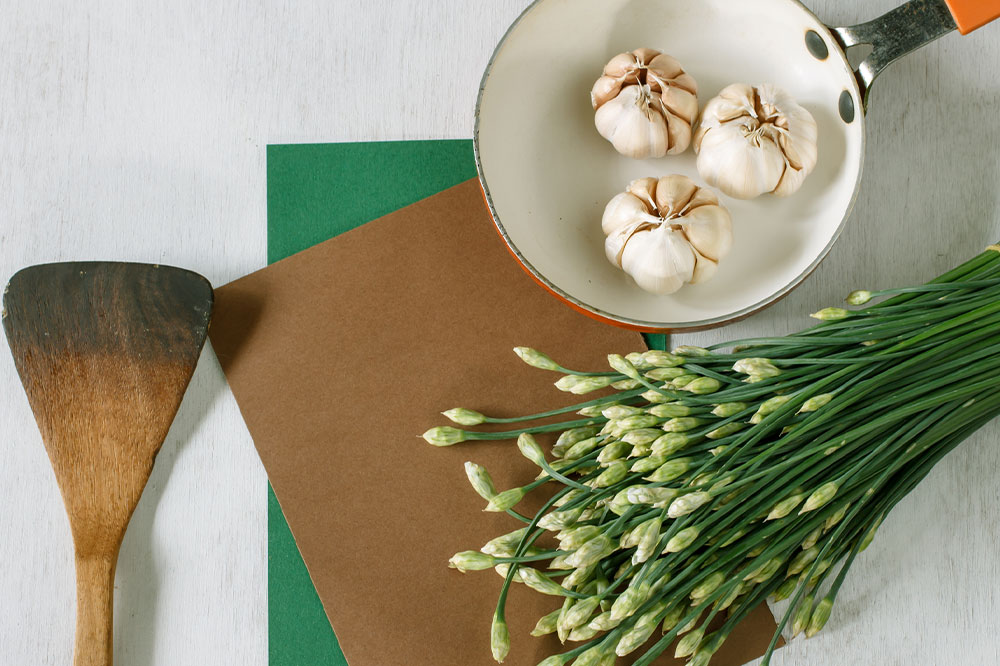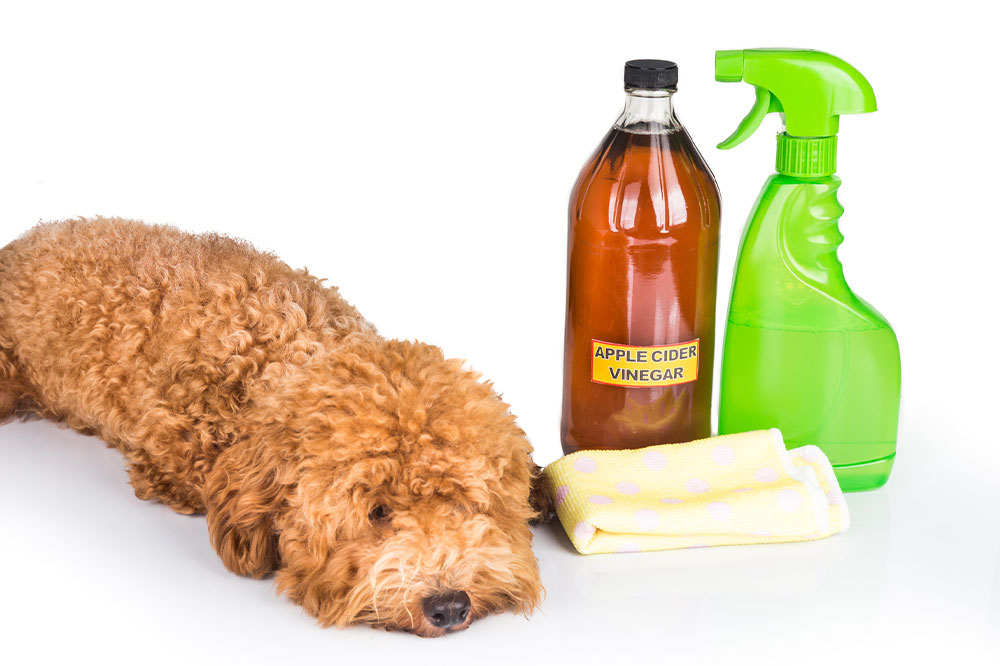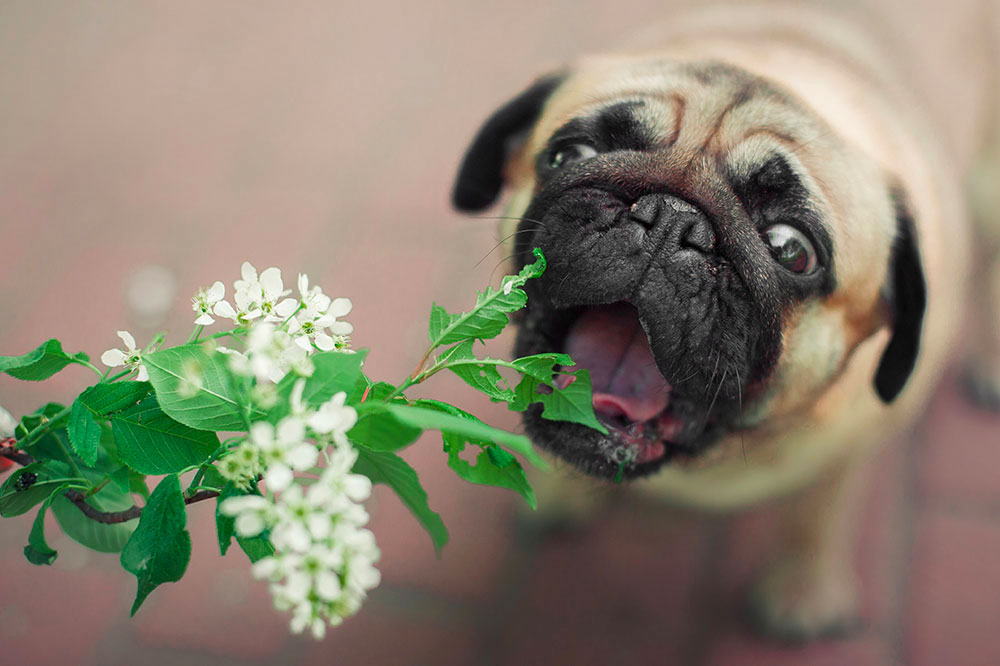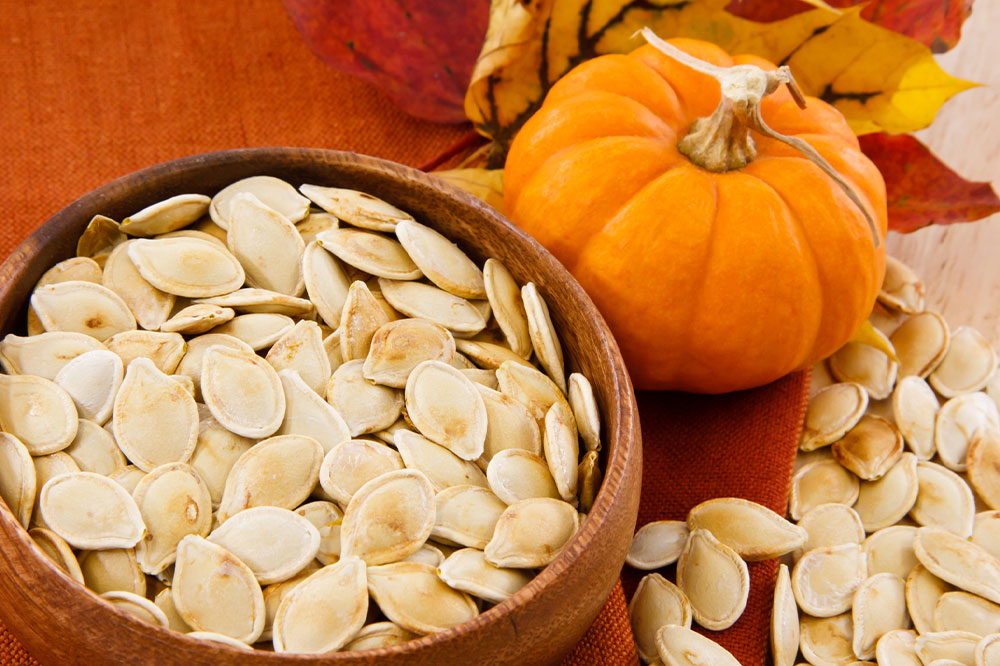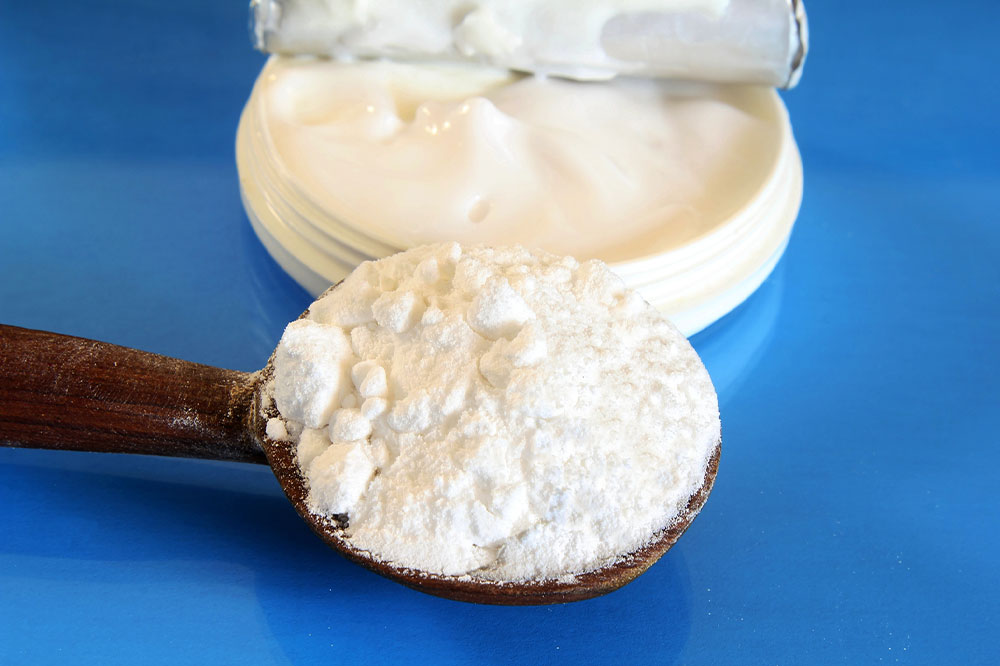
Pets
Homemade lemon flea sprays to prevent fleas in dogs
If you’ve been looking for natural ways to repel and kill fleas on your dog, you might already know that lemon is a crucial ingredient. The citrus fruit contains a compound called limonene, which has insecticidal properties and can keep fleas away from your furry friend. One of the most popular ways to use lemon against fleas is a lemon spray. We’ve shared two simple recipes to make a lemon flea spray for your dog. Basic lemon flea spray For this recipe, all you need is water and lemons. Boil a pint of water in a pot and add around ten slices of lemon to it. Cover the pot with a lid and let the mixture sit overnight for about 8 hours, and the solution will be ready! Remove the lemon slices and pour the solution into a spray bottle. You can spray this solution on your dog’s coat generously every day until they are flea-free. While spraying, avoid areas like your pet’s ears, genitals, and eyes. An excellent plus point of this lemon flea spray is that you can use it in all flea-infested areas in your home, such as your dog’s bed, your carpet, and your upholstery. Lemon flea spray with rosemary and sage This recipe is similar to the previous one, except you need to add two sprigs of rosemary and one sprig of garden sage while boiling the water.
